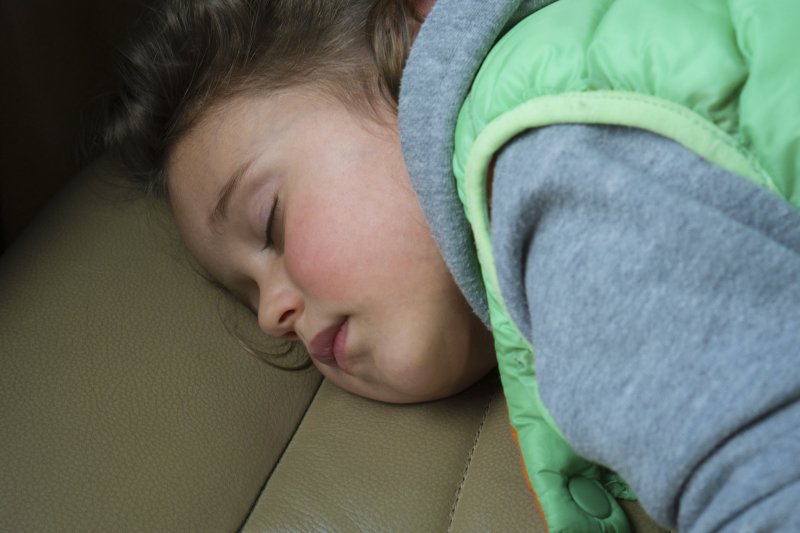
If you’ve noticed that your child snores loudly or makes gasping sounds while asleep, then he or she could be suffering from sleep apnea in State College. While there can be several contributors to the development of this condition, researchers have discovered a troubling phenomenon – the impact of smaller airways. As you read on, you’ll learn about the increased health risk that this poses and what can be done about it.
What is Sleep Apnea?
Sleep apnea is the reoccurring lapse in breathing that happens repeatedly throughout the night. The most common form of the condition is Obstructive Sleep Apnea (OSA), which refers to a partial blockage of the airway that prevents the normal flow of oxygen during the sleep cycle.
One of the normal contributors is weight gain, which can lead to added girth in the neck area that can partially close the throat. Another common cause is the tongue falling to the back of the mouth while sleeping, again causing a partial blockage of the airway.
The Added Health Risk of a Narrow Airway
While OSA usually refers to an external factor, having a narrow airway is an even more alarming situation that requires immediate attention. While the ideal opening of the airway is around 7 millimeters (mm), a compromised airway can have an opening as small as 1 mm, which only allows 14.25% of the normal flow of oxygen.
How Mouth Breathing Contributes to the Problem
One trait to be on the lookout for when your child is sleeping is mouth breathing. The following show some of the negative effects it can have:
- Can help to restrict airflow
- Inhibits the proper exchange of carbon dioxide and oxygen
- Prevents the proper function of the tongue and other orofacial muscles that your child uses to speak, swallow and chew
- Can cause the tonsils and adenoids to become inflamed, which further contributes to a blocked airway
What You Should Do
If you notice any of these symptoms in your child, then you should have him or her examined by your physician to determine whether he or she has sleep apnea. Then, with the help of your local sleep dentist, your little one can get on track to recovery.
One of the more common forms of treatment is the CPAP (continuous positive airway pressure) machine, which consists of a base unit and special mask that forces air into the throat while sleeping. An alternative that provides more comfort, though, is a custom-designed oral appliance that repositions the jaw to allow better airflow.
When you take your child in for an examination, the sleep dentist will be able to assess his or her needs and make a recommendation that will yield the best results.
About the Author
An expert in treating sleep apnea, Dr. Donald Marks earned his dental degree from the University of Pittsburgh. Additionally, he has received advanced training from some of the top institutions and organizations in the world of dentistry, including The American Academy of Dental Sleep Medicine and Scottsdale Center for Dentistry. Dr. Marks helps children recover from sleep apnea and narrow airways by providing expert care at State College Dental Sleep Medicine, and he can be reached for more information through his website.
